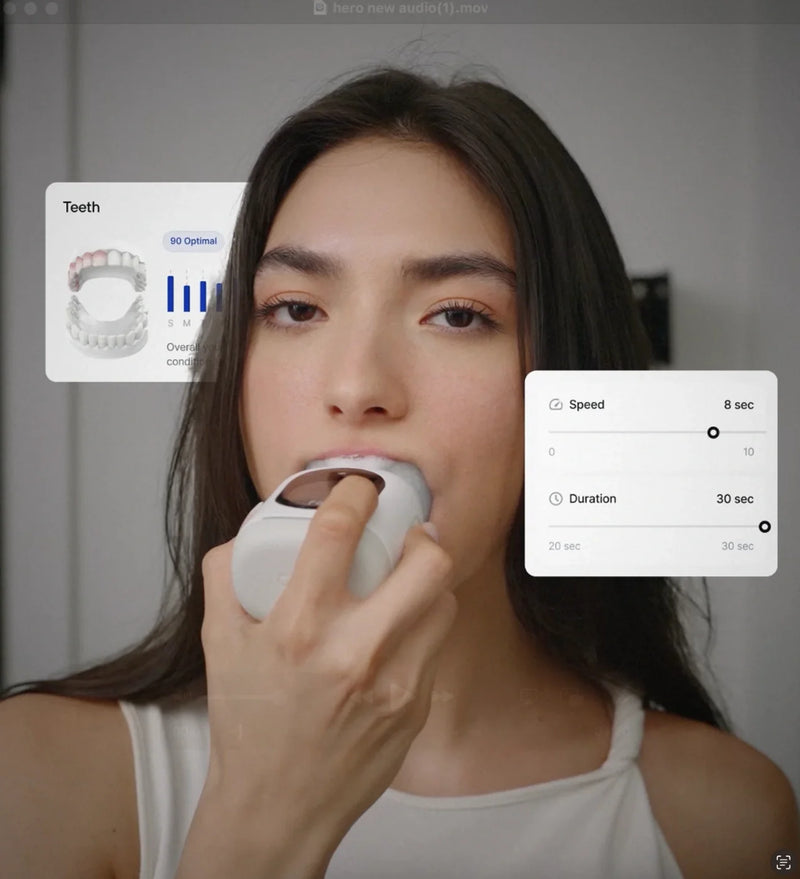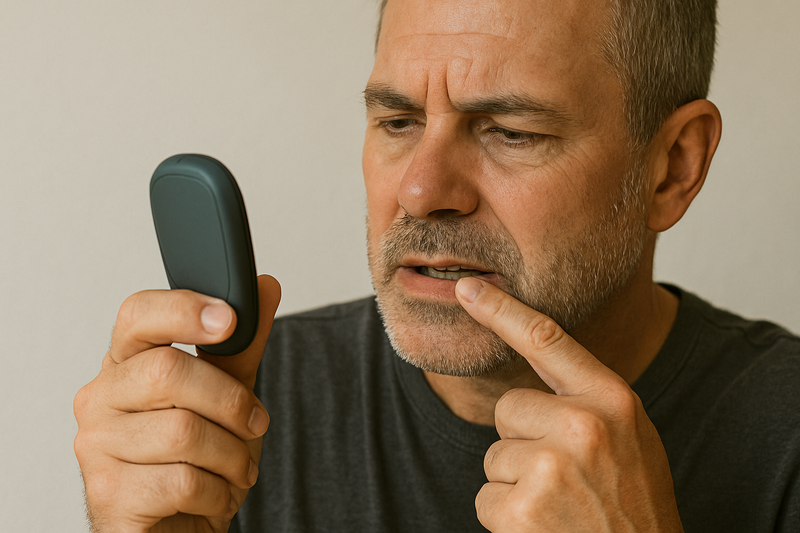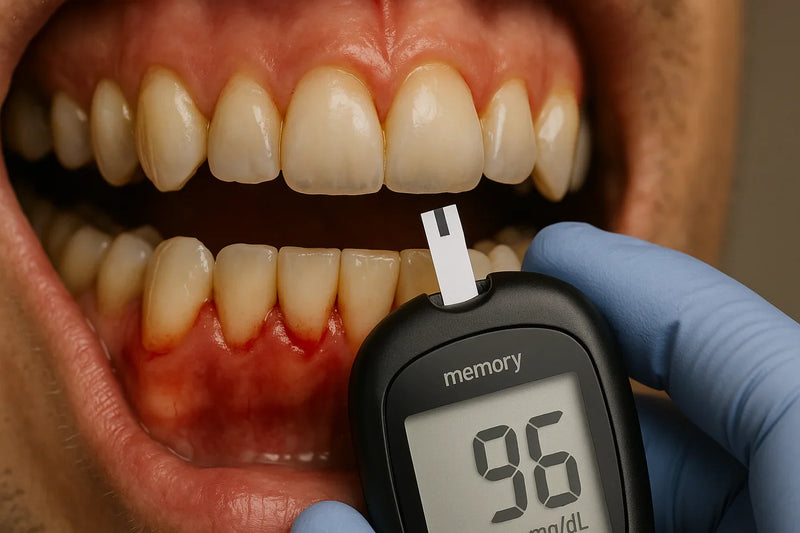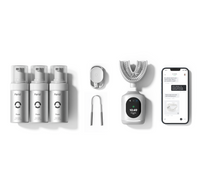
Dental Care After Stroke: Managing Aphasia Communication Challenges
Essential Takeaways
- While aphasia creates real communication challenges in dental settings, extensive research proves that with patience, evidence-based communication tools, and proper support systems, stroke survivors can receive excellent dental care and maintain optimal oral health.
Understanding the Challenge
Aphasia affects communication abilities in up to 40% of stroke survivors, creating significant barriers during dental visits. Research shows that stroke-related aphasia makes it difficult to explain symptoms clearly, give informed consent, understand treatment plans, and communicate pain levels during procedures.
(AHA|ASA Journal, 2021)
These communication difficulties can create anxiety and frustration, but studies confirm that with proper support and adapted strategies, effective dental care remains completely achievable for people with aphasia.
(Wiley Online Library, 1993)
What Current Research Reveals
Multiple clinical studies demonstrate that stroke survivors with aphasia benefit significantly from extended appointment times, alternative communication methods, caregiver involvement, and provider training in aphasia-friendly communication techniques. Research consistently shows that individualized communication strategies lead to successful dental outcomes.
Strategies That Work
Before Your Dental Appointment
Prepare Communication Tools:
- Write down symptoms, concerns, and questions in advance
- Bring photos of any oral health issues
- Pre-fill medical and dental history forms when possible
- Use technology like the Feno Smartbrush™ scanner to capture images of your teeth and gums for visual documentation
Contact the Dental Office:
- Request longer appointment slots and inform staff about communication needs
- Ask if they have experience with aphasia patients
- Confirm they can accommodate a caregiver
During Your Visit
Bring Support:
- Include a trusted caregiver or advocate who knows your communication style
- Ask your support person to help clarify information when needed
Use Multi-Modal Communication:
- Combine spoken words with gestures and pointing
- Use written notes, visual aids, and smartphone apps designed for aphasia communication
- Present oral health reports that provide objective data about your dental condition
Request Provider Accommodations:
- Ask dental staff to speak slowly and check for understanding frequently
- Request written instructions to take home
Leveraging Technology for Better Communication
The Feno Smartbrush™ features built-in camera that provide scans of your teeth and gums, visual documentation that transcends verbal communication barriers. Oral health reports from scanning technology give dentists objective data, while visual evidence of plaque buildup or inflammation eliminates guesswork. This technology is particularly valuable for stroke survivors with aphasia because it provides visual evidence that doesn't rely on verbal communication skills.
The Science
Clinical research confirms that people with aphasia can achieve excellent oral health outcomes when communication barriers are properly addressed. Studies show that 90% of communication challenges can be overcome with proper preparation and support, while visual communication aids and technology-assisted communication significantly reduce anxiety and improve patient satisfaction.
Key Takeaway
Bottom Line: While aphasia creates real communication challenges in dental settings, extensive research proves that with patience, evidence-based communication tools, and proper support systems, stroke survivors can receive excellent dental care and maintain optimal oral health.
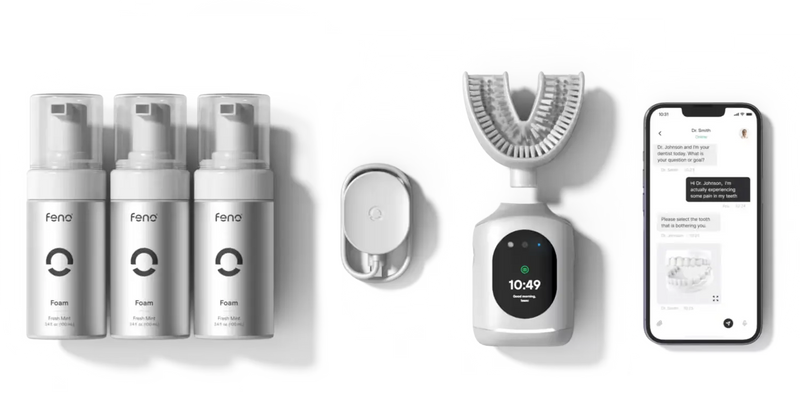
Feno Founders Edition Bundle
Advanced Oral Health in 20 Seconds with the Feno Smartbrush™
Get Yours Now!


